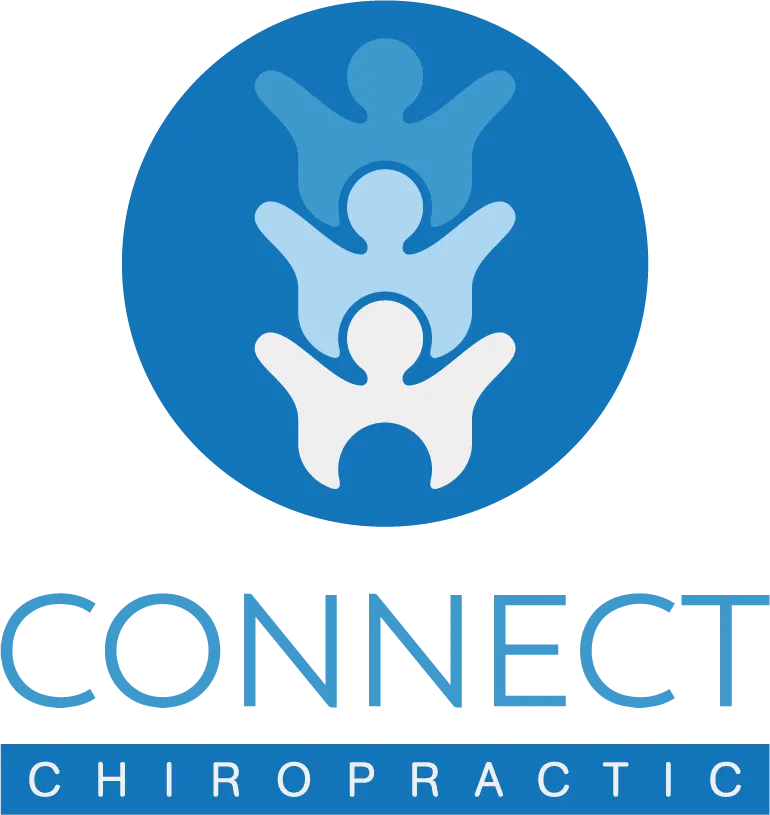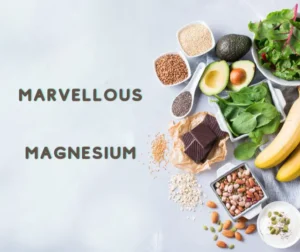‘EXAMS’ cheat sheet: How to reduce study stress and improve focus

It’s that time of year again! The dreaded exam period is lurking round the corner for many Australian students. Added to the already-difficult months of Covid lockdowns and restrictions, the weeks leading up to tests and exams may be immensely stressful and nerve-wracking.
Fear not! To help students (and parents) navigate this intense period, we have created an ‘EXAMS’ cheat sheet filled with tips and advice.
Exercise
Clear your mind and improve your focus.
Exercise is a great reason to escape from your desk, get some fresh air, and sweat out your nerves and anxiety. Regular movement releases the ‘feel good’ hormones – serotonin, dopamine and endorphins – which help to increase motivation and sharpen your concentration.
It’s recommended to aim for 30 minutes of moderate to intense exercise per day as this allows your blood to flow freely and gets your body moving enough to release built-up stress.
Good examples of exercise include:
- Walking
- Running
- Yoga
- Cycling
- Pilates
- Dancing (taking a dance break in your room is fun and invigorating!)
X-hale
Improve cognitive function and focus, reduce anxiety and improve positivity.
Be mindful in the way you breathe. Diaphragmatic (abdominal) breathing engages your primary breathing muscle while allowing deep breaths into lungs to provide optimal expansion. Try to avoid chest breathing as these short and rapid breaths create tightness and stress in your upper back and neck. If you’re stressed and/or anxious, it’s easy to fall into chest breathing, so be conscious of taking a few deep breaths to release tension.
The ‘4-7-8 Breathing Exercise’
- Lie comfortably on your back. Bend your knees with both feet on the floor and arms resting lightly beside your body.
- Rest your tongue lightly on the hard palate (hard ridge behind your upper front teeth) throughout the exercise
- Inhale (breathe in) for a count of 4
- Hold your breath for a count of 7
- Exhale (breathe out) for a count of 8
- Repeat 3 or 4 times.
Appetite
Good nutrition is vitally important to optimal brain and body health.
The food that you put into your body helps keep you running; just like putting substandard fuel into your car can cause engine issues, eating unhealthy food can also negatively impact how your body and brain works.
Healthy brain food includes:
- Proteins: the building blocks for important mood-boosting chemicals, they assist in brain/body communication. E.g., meat, fish, eggs, legumes, nuts/seeds, legumes and dairy/soy.
- Omega 3: helps to nourish your nervous system and brain. E.g., oily fishes, flax seed and oil, eggs, chicken and beef.
- Antioxidants: delay the ageing process. E.g., fruits and vegetables especially berries, pomegranate, spinach and kale, green tea, dark chocolate and pecans.
- Monounsaturated ‘good’ fats: improve memory and allow the brain to work better. g., avocados and nuts like walnuts.
- Water: vital in keeping the body and brain running efficiently and effectively, humans need to drink about 1.5 to 2L per day to stay well hydrated.
Management of Time
Good time management helps to alleviate unnecessary stress.
During the exam period this allows you to work more efficiently and effectively, increases productivity levels and gives you a sense of control when you are feeling overwhelmed.
Tips to help manage your time successfully:
- Prioritise and break down subjects / topics / tasks for study
- Plan out your study schedule in advance to help you visualise and direct what needs to be done, where and when. Remember to include time for sleep, exercise, meals, jobs and study breaks. Be realistic to reduce stress and give yourself the best chance of success.
- Delegate tasks if possible.
- Don’t be afraid to ask for help. There are many people willing to assist and support you, but, if you don’t ask, they won’t know.
Sleep
Sleep allows your body and brain the time to rest, heal, repair and recuperate.
Poor sleep can impact your memory, learning and creativity.
- Every night, ensure you follow a relaxing sleep routine to help your body unwind
- Avoid using computers and smart phones 1-2 hours before bedtime to allow your brain time to switch off
- Avoid caffeine in the afternoon and heavy meals late in the day
- If you struggle to switch your mind off, try mindful techniques like meditation, breathing exercises, lavender essential oils in a diffuser, or journaling
- Ensure your bedroom is comfortable, cool, dark and quiet.
- If you’re tired during the day, a quick 15–20-minute power nap in the early afternoon can help you to reset. But don’t nap for too long, or too late in the day, as that can negatively affect your sleep at night.
Support yourself with good food, routines, sleep and self-care habits, particularly during times of high stress. Maintaining a healthy lifestyle will help you improve focus during your exam study period and get the most out of the effort you put in.
For more information on how we can support you to reduce mental and physical stress, please contact Connect Chiropractic www.connectchiropractic.com.au






